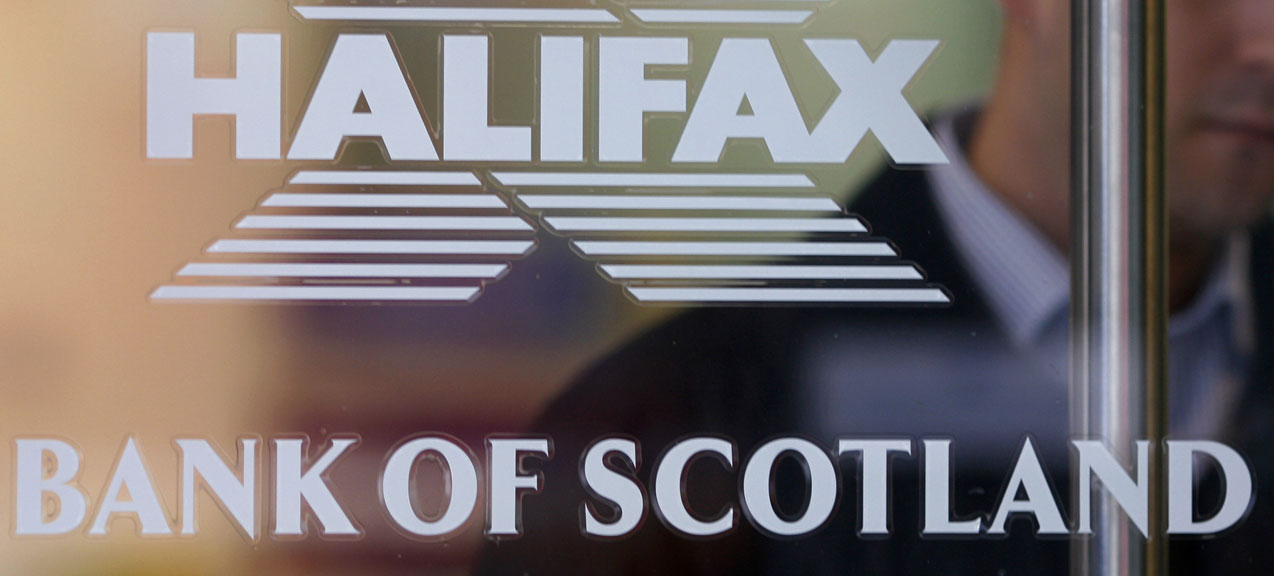Failed HBOS director Peter Cummings fined £500,000
Ex-HBOS director Peter Cummings is banned from holding another senior banking position and fined after the implosion of HBOS, which cost taxpayers £12bn.

HBOS was eventually bailed out by Lloyds TSB in a deal approved by a Scottish judge in January 2009. Thousands of staff lost their jobs, and taxpayers were forced to boost the finances of both banks with an initial £17bn cash infusion.
In the years prior to HBOS’s failure, the once tight-fisted Bank of Scotland merged with Halifax to create HBOS. Under Cummings’ leadership, a culture developed where risk management was viewed as a constraint on business rather than an integral part of it, the FSA said today.
“Despite being aware of the weaknesses in his division and growing problems in the economy, Cummings presided over a culture of aggressive growth without the controls in place to manage the risks associated with that strategy,” Tracey McDermott, director of enforcement and financial crime, said.
“Instead of reacting to the worsening environment, he raised his targets as other banks pulled out of the same markets,” she said in a statement today.
In addition to banking, the FSA banned Mr Cummings from ever holding a senior position in a building society, or an investment or insurance firm. The sanctions relate to his behaviour between January 2006 and December 2008 when he was an executive director of HBOS and chief executive of the bank’s corporate division.
No control
The FSA found that Mr Cummings pursued an aggressive expansion strategy without suitable controls in place to manage risk. Mr Cummings failed to take reasonable care to ensure that the corporate division adequately and prudently managed high value transactions, the FSA said.
Mr Cummings knew there were significant issues with monitoring of his division, including a staff that were incentivised to focus on revenue rather than risk, but under his direction the division pursued an aggressive growth agenda.
The focus on growth peaked in 2007 and continued into 2008, although Mr Cummings was aware of concerns within HBOS about some of the markets that the division operated in and more widespread economic problems.
Early in 2008 the Wall Street bank Solomon Brothers collapsed followed by Lehman Bros, in September 2008. Rather than taking steps to mitigate potential risks, Mr Cummings directed his division to increase its market share as other lenders were pulling out of deals, the regulator said.
Culture of optimism
The culture of optimism also affected the division’s judgement about bad debts, the FSA found. The division did not adequately monitor the deterioration of high value transactions and was slow to pass them to the so-called High Risk and Impaired Assets team for a detailed assessment of the likelihood of default.
In reaching its decision, the FSA accepted that some problems existed even before Mr Cummings was appointed, that he did make efforts to introduce some improvements and that critical business decisions were made collectively.
The FSA also found Mr Cummings did not act deliberately or recklessly in breaching FSA regulations, and that the full severity of the global financial crisis, and its effects, were not reasonably foreseeable during the early part of the time period reviewed.